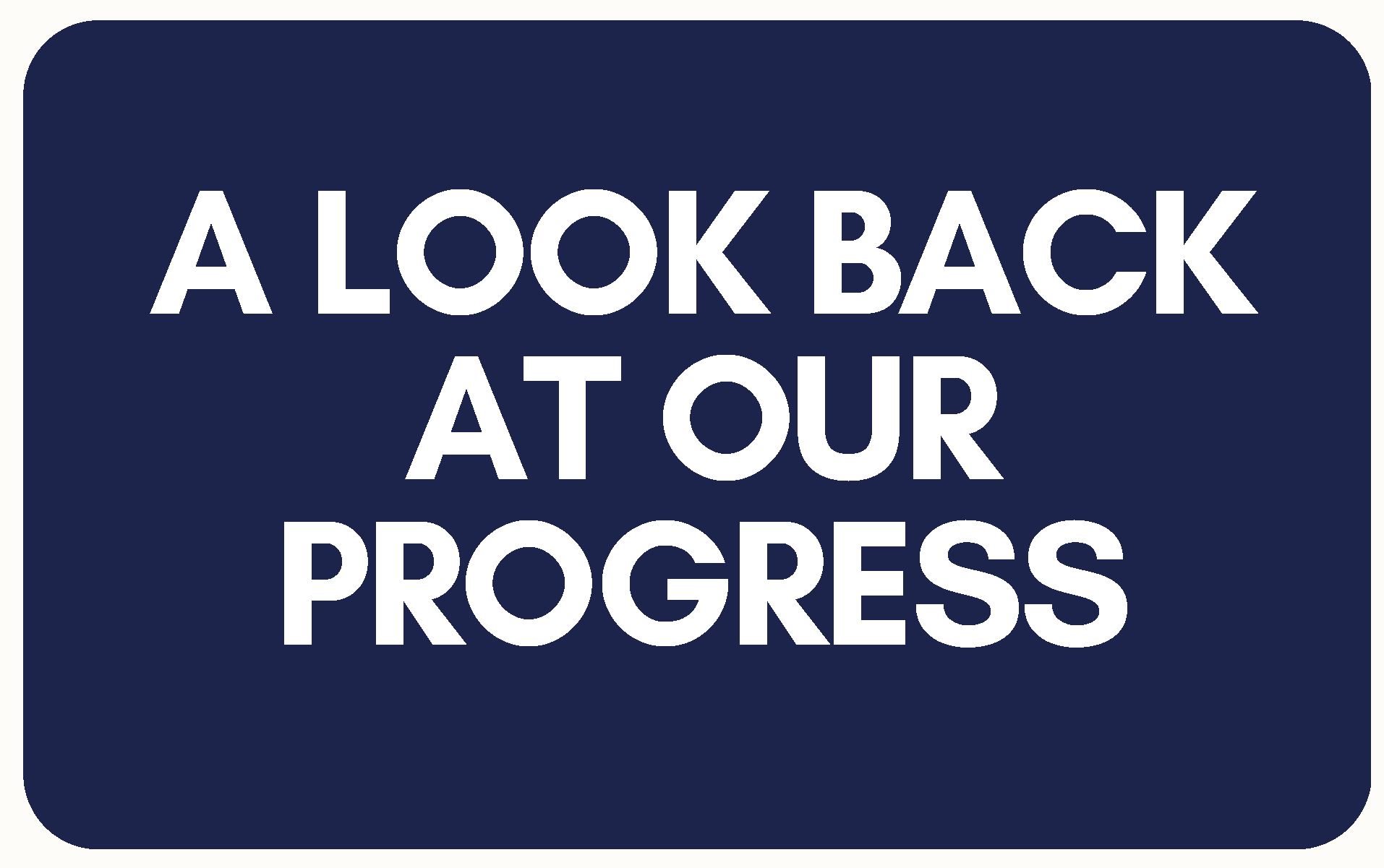News & Insights

Thought Leadership
Nurturing Emerging Leaders for Future Success
How are we strengthening the bench behind us so our organizations are prepared, not just for the next transition, but for whatever comes after that?

Placements
Brendan O’Callaghan - Vice President of Strategic Communications at Alliance for Higher Education

Placements
Emily Janssen - Director of Community Experience at The Communications Network

Placements
Nisha Kadaba -Director of Programs at Agog
).png)
Announcements
What Brought Us Joy in 2025
Latest blog posts
Thank you! Your submission has been received!
Oops! Something went wrong while submitting the form.

Nurturing Emerging Leaders for Future Success
How are we strengthening the bench behind us so our organizations are prepared, not just for the next transition, but for whatever comes after that?

Brendan O’Callaghan - Vice President of Strategic Communications at Alliance for Higher Education
Brendan O'Callaghan joins as Vice President of Strategic Communications

Emily Janssen - Director of Community Experience at The Communications Network
Emily Janssen joins as Director of Community Experience

Nisha Kadaba -Director of Programs at Agog
Nisha Kadaba joins Agog as Director of Programs

2025: A Look Back at Our Progress
It was a big year for us here at Chaloner and were celebrating our partnerships, our community and our progress in 2025.
).png)







